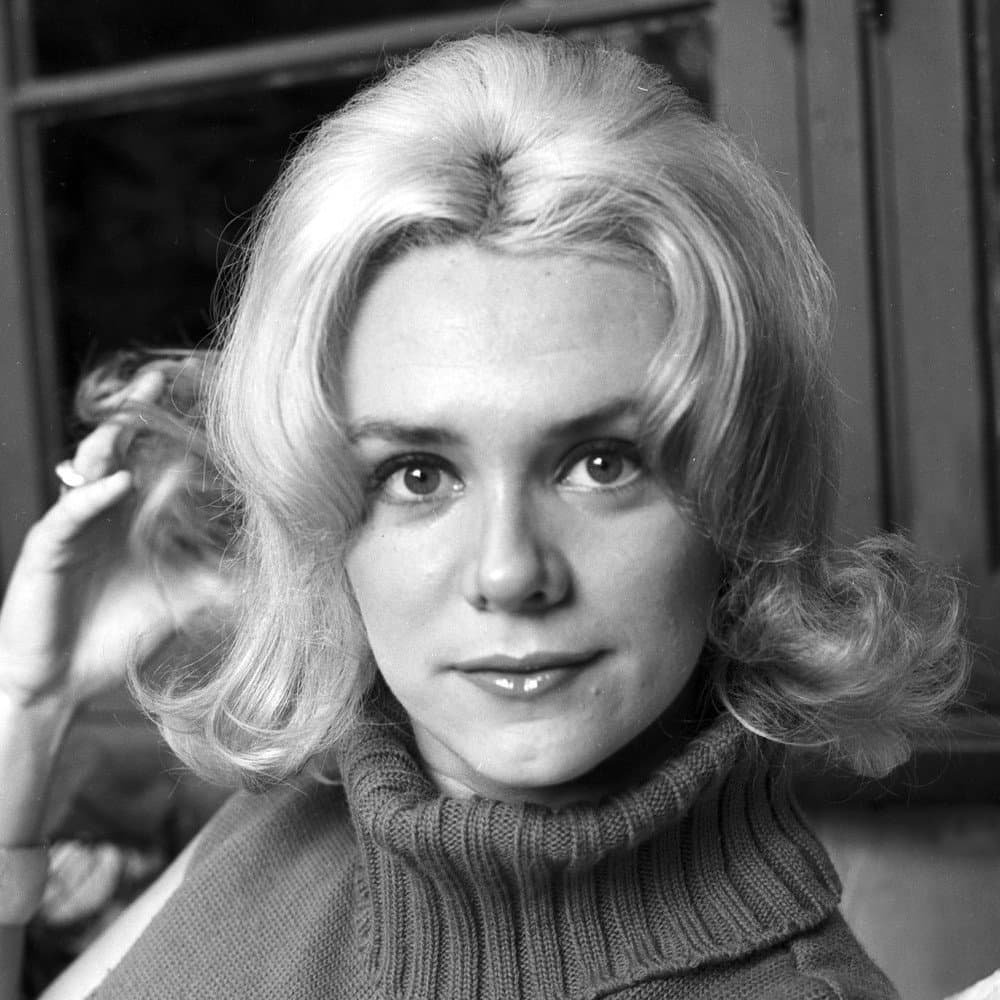
“What the World Needs Now Is Love” – Jackie DeShannon’s Timeless Anthem of Hope
In 1965, at the height of social and political unrest, Jackie DeShannon released “What the World Needs Now Is Love,” a song that transcended pop music to become an enduring message of peace, compassion, and unity. Written by the legendary songwriting team Burt Bacharach and Hal David, this heartfelt anthem struck a chord with a generation navigating the turbulent waters of the civil rights movement, the Vietnam War, and widespread cultural change. DeShannon’s warm and soulful delivery gave the song an emotional authenticity that resonated with listeners, propelling it to No. 7 on the Billboard Hot 100 and cementing its place as one of the most enduring classics of the 1960s.
From the moment the song opens with its signature piano and soft brass introduction, “What the World Needs Now Is Love” feels like an invitation to pause and reflect. Bacharach’s signature arrangement—lush with orchestral elements and tender rhythms—creates a sense of calm that perfectly complements Hal David’s poignant lyrics. DeShannon’s voice floats gently over the instrumentation, carrying a simple but profound message: “What the world needs now is love, sweet love; it’s the only thing that there’s just too little of.” In an era marked by division, these words served as both a plea and a reminder of humanity’s shared need for kindness and empathy.
Jackie DeShannon’s vocal performance is central to the song’s impact. Her voice, rich with both vulnerability and strength, lends a personal touch to the universal message. It’s not a showy performance—there are no flashy vocal runs or dramatic crescendos—but it’s precisely this restraint that makes the song so powerful. DeShannon sings with sincerity, as if she believes every word, and that sincerity draws listeners in, making them feel the song’s message on a deeply personal level.
While the song carries a spiritual undertone, it avoids overt religious references, making it accessible to people of all backgrounds. Hal David’s lyrics highlight the importance of love as a unifying force, something that transcends individual beliefs and speaks to the core of human experience. Lines like “Lord, we don’t need another mountain; there are mountains and hillsides enough to climb” remind listeners that the world’s problems aren’t solved by material achievements but by the simple act of loving one another. It’s a message that feels as relevant today as it did in 1965.
The creation of “What the World Needs Now Is Love” wasn’t without its challenges. Burt Bacharach initially struggled to find an artist willing to record the song, as its message was considered somewhat unfashionable at the time—too earnest for a world that seemed more interested in rock ‘n’ roll rebellion. However, when DeShannon agreed to record the song, she brought just the right mix of soulfulness and warmth, turning it into a hit that defied the odds. It wasn’t just another pop single—it was a song with a purpose, arriving at a moment when the world desperately needed to hear it.
In addition to its chart success, “What the World Needs Now Is Love” quickly became an anthem for social movements, frequently performed at rallies and protests advocating for peace and civil rights. Its message of love resonated with people across generations and continents, making it a fixture in popular culture. Over the years, it has been covered by numerous artists, including Dionne Warwick and Luther Vandross, each bringing their own interpretation to the timeless message. The song was even revived during moments of national tragedy, such as after the September 11, 2001 attacks, when it was used as a message of hope and healing.
One of the reasons the song has endured is its emotional simplicity. At its core, “What the World Needs Now Is Love” isn’t trying to solve the world’s problems with grand statements or political rhetoric. Instead, it offers a quiet reminder that love—basic, human compassion—is the foundation on which a better world can be built. It’s a message that’s easy to understand but hard to practice, and perhaps that’s why the song continues to resonate decades after its release.
The song’s production reflects Bacharach’s masterful touch, with its delicate balance of orchestration and rhythm. The use of strings, horns, and piano creates a lush backdrop that feels both intimate and expansive, giving the song a timeless quality. Unlike many songs of the ’60s that feel tied to their era, “What the World Needs Now Is Love” has an evergreen appeal, sounding just as fresh and meaningful today as it did nearly 60 years ago.
Ultimately, Jackie DeShannon’s version of “What the World Needs Now Is Love” remains a beacon of hope in a complicated world. It reminds us that love isn’t a luxury but a necessity, something that should guide our actions and shape our interactions with one another. In a world that often feels divided and disconnected, the song’s simple message continues to offer comfort and inspiration: Love is the answer, and the time for it is always now.
“What the World Needs Now Is Love” may have been born out of the specific cultural moment of the 1960s, but its message is universal and timeless. Whether heard in times of joy or sorrow, its gentle reminder to choose love over hate feels like a small but powerful act of resistance against the cynicism of the world. Thanks to Jackie DeShannon’s soulful interpretation, the song remains not just a piece of music history but a living message—one that continues to inspire listeners to be a little kinder, a little more compassionate, and a little more loving.